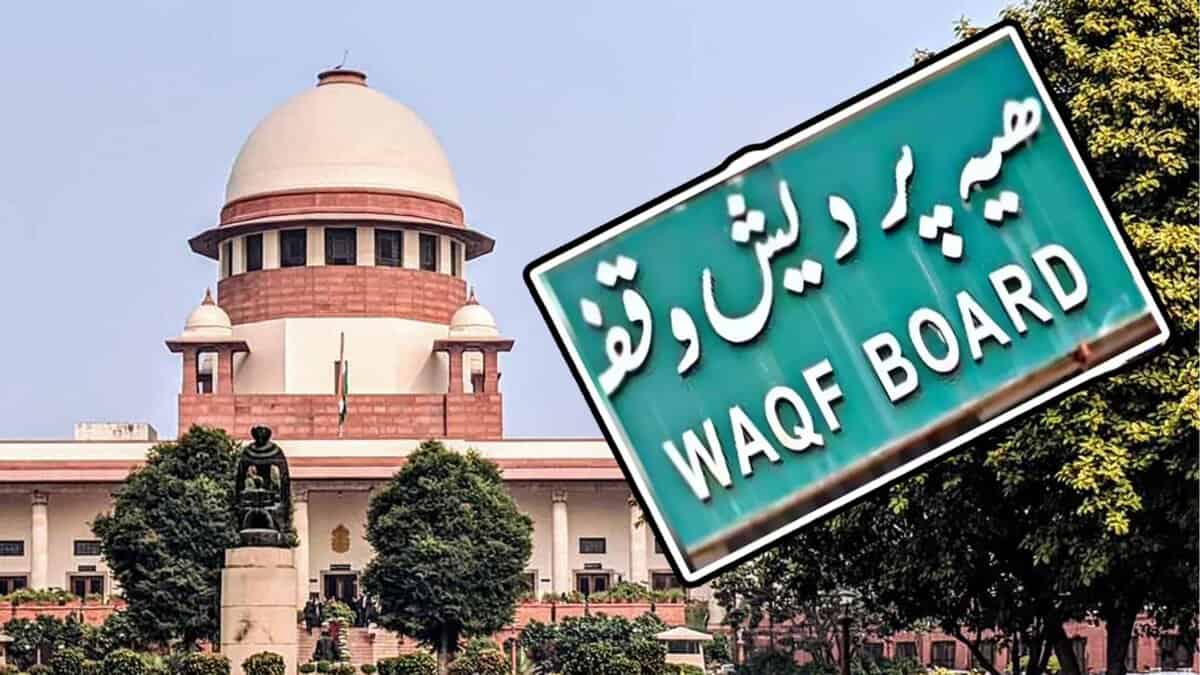
New Delhi: The Supreme Court is set to hear a significant batch of petitions challenging the constitutional validity of the Waqf (Amendment) Act, 2025, on Tuesday.
A bench led by Chief Justice Bhushan Ramakrishna Gavai will deliberate on whether the implementation of the amended law should be stayed pending a final decision on the matter. The focus of the hearing will be on granting interim relief to the petitioners, with arguments from all sides scheduled to be presented before the Court rules on the stay.
The central government, represented by Solicitor General Tushar Mehta, has already assured the Court that the contentious provisions of the Act will not be enforced until further notice.
After the apex court hinted at passing a stay order, the Union government had assured the top court that it would not de-notify provisions related to ‘Waqf by user’ or include non-Muslim members in the Waqf Board.
In the previous hearing, held under the then Chief Justice Sanjiv Khanna, the apex court had identified three core issues for consideration: the process of de-notifying Waqf properties, whether by usage or deed, the potential inclusion of non-Muslims in Waqf institutions, and the classification of government land as Waqf property.
The Court had granted a week to the Centre and state governments and the Waqf Boards to file their preliminary reply.
It decided to treat five writ petitions as lead cases. It said that other pleas will be treated as intervention applications, apart from ordering the registry to rename the cause titles of the proceedings as “In Re: The Waqf (Amendment) Act, 2025”.
Petitioners have contended that the amended Act is discriminatory and infringes upon the fundamental rights of the Muslim community.
Conversely, six BJP ruled states have backed the central government, supporting the amendments as constitutionally valid and necessary.
The Waqf (Amendment) Bill, 2025, received presidential assent from President Droupadi Murmu on April 5 after it was passed in both Houses of Parliament following intense debate.
The Centre, in its preliminary affidavit, has urged the Supreme Court to dismiss the petitions, arguing that the Act does not infringe upon constitutional guarantees.




